Market Shakes: Google Loses $100 Billion After OpenAI’s ChatGPT Atlas Unveiling
The tech world was rattled this week after OpenAI officially unveiled its new artificial intelligence-powered web browser, ChatGPT Atlas, causing Google Market Value to plummet by an estimated $100 billion. The stock of Google’s parent company, Alphabet, declined by nearly 5% following the announcement.
The new product puts OpenAI in direct competition with the search giant’s massively popular Google Chrome browser, which currently holds the lion’s share of the global browser market.
What is ChatGPT Atlas? The AI-Powered Threat
ChatGPT Atlas is designed to transform the browsing experience by using its integrated AI to offer a personalized web experience and handle complex tasks. Unlike traditional browsers, Atlas features an “Ask ChatGPT” sidebar in any window, allowing users to:
Summarise content on the fly.
Compare products instantly.
Analyse data from any website.
In its most advanced “agent mode” (available to paid users), the AI Browser can perform full tasks on the user’s behalf. During a Tuesday demo, developers showcased how the AI could find a recipe and then automatically complete the checkout process on a grocery website, highlighting the browser’s immense potential to disrupt e-commerce and search.
OpenAI CEO Sam Altman dubbed the launch a “rare, once-a-decade opportunity to rethink what a browser can be about.”
Google’s Response to the ChatGPT Atlas vs Chrome Battle
The launch is the clearest challenge yet to Google’s internet supremacy. The tech titan has been trying to adapt to changing search habits ever since the original launch of ChatGPT.
Google has already integrated its Gemini technology to show AI summaries alongside regular links, but the emergence of ChatGPT Atlas as a direct browser rival signifies a new, and costly, front in the escalating AI war.
The new browser is currently available worldwide on macOS and is slated to be extended to Windows, iOS, and Android soon, guaranteeing a direct clash with Google Chrome’s 3 billion global users.

